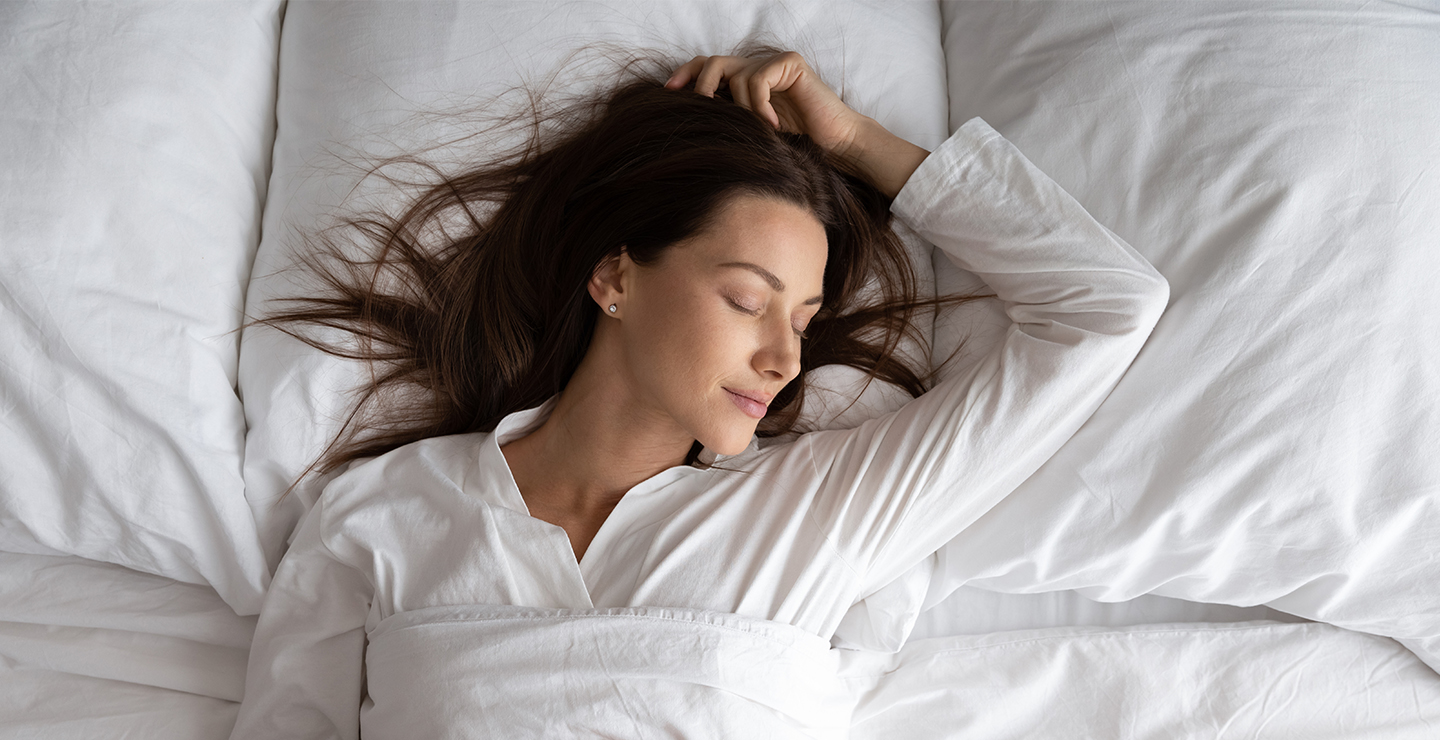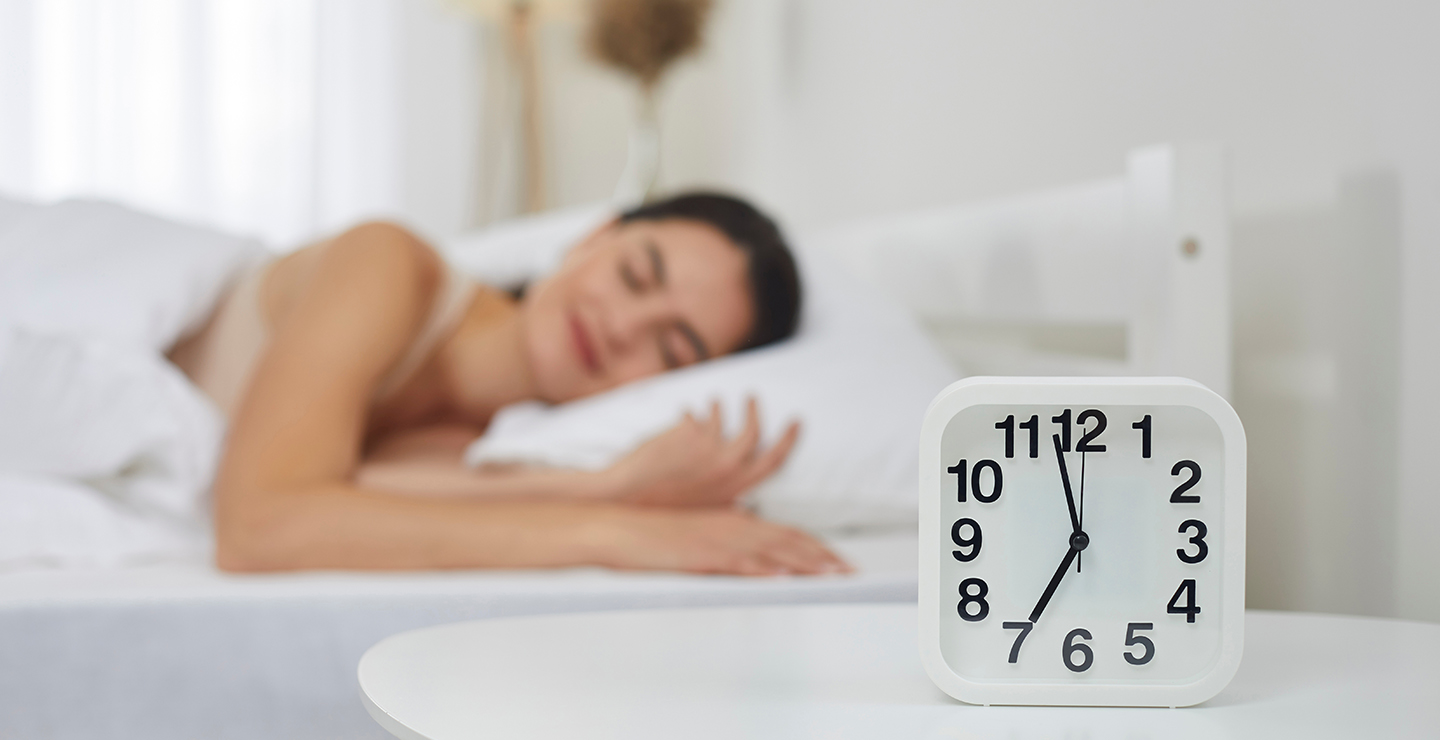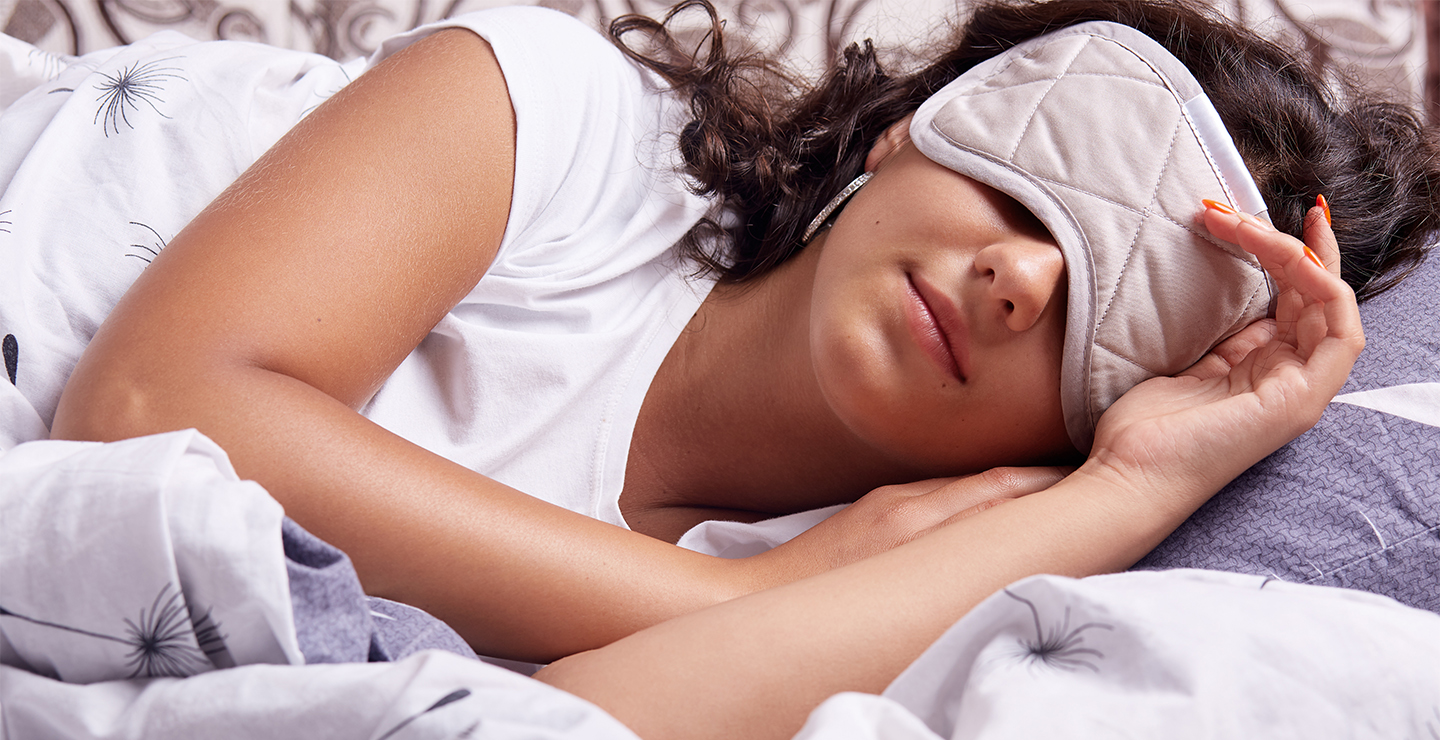12 fun facts about sleep to help you catch zzz’s and dream in color
One-third of your life is spent sleeping—hopefully. The 7-9 hours we should spend catching z’s each night help the body heal itself, activate the immune system, and give your heart a break.
Struggles & Remedies
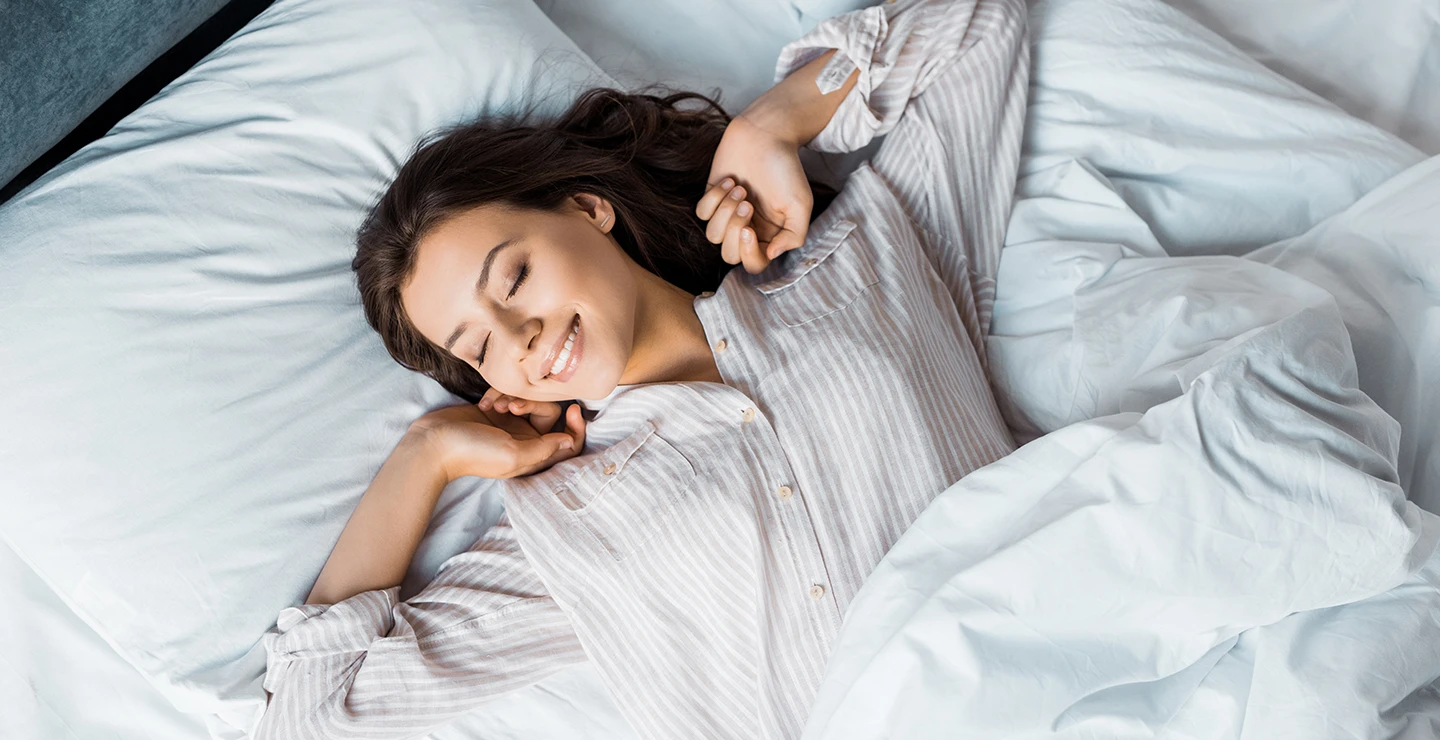
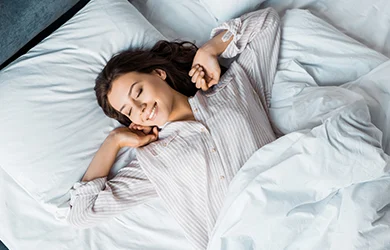
One-third of your life is spent sleeping—hopefully. The 7-9 hours we should spend catching z’s each night help the body heal itself, activate the immune system, and give your heart a break. Beyond that—sleep experts are still trying to learn more about what happens once we fall asleep. Like, why do you dream in color some nights and black and white in others? And why does the one hour of daylight savings throw your sleep schedule so drastically? The sleep experts at Vicks will break down these fun facts about sleep, dreams, and more.
The most important sleep fact: Sleep is SO important. Get the Zzz’s your body needs every night.
Keep reading for 12 interesting facts about sleep.
1. The longest someone has gone without sleep is 11 days, 25 minutes.
While still in high school, a student went 264.4 hours without sleep, for which he won first place in the 10th Annual Great San Diego Science Fair in 1964. When asked if he’d do it again, Randy gave a resounding “no.” Others claim to have beaten Randy’s record, but none of their attempts were done under strict observation, like Randy’s was, so there’s no way to know if they’re legitimate.
Remember pulling all-nighters back in the day? Hopefully not. Make those a thing of the past if you still stay up from time to time completing projects; sleep deprivation can negatively impact your body and mind.
Remember pulling all-nighters back in the day? Hopefully not. Make those a thing of the past if you still stay up from time to time completing projects; sleep deprivation can negatively impact your body and mind.
2. Elephants sleep less than any other animal.
You may have heard that an elephant never forgets, but scientists aren’t sure why. It’s thought that humans process memories during REM sleep. Elephants, on the other hand, have been observed to only go into REM sleep every three to four days, and they only sleep for about three hours.
3. Tigers and infants sleep the same amount.
Most human infants need about 16 hours of sleep a day –about the same as a full-grown tiger! The sleepiest animal in the world is the koala, which spends about 18-22 hours a day snoozing.
4. Daylight savings can be a killer.
When the clock springs forward, we lose an hour of sleep and the number of fatal heart attacks rises. When the clock falls back, we gain an hour of sleep and the risk of heart attacks lowers. Just goes to show that losing just an hour of sleep can have a drastic impact on your health.
5. Ten minutes is key to falling asleep.
It’s normal to fall asleep between 10-20 minutes after going to bed. If it takes you less than five minutes to fall asleep, you’re probably exhausted and sleep deprived. Practice good sleep hygiene to help your body fall asleep fast every night so it can get those much-needed z’s. That means setting a sleep schedule, putting phones and other bright technology away 30 minutes before bedtime, and more. If you spend quite a bit longer than 20 minutes trying to fall asleep on a regular basis, consider trying a sleep supplement with melatonin in. ZzzQuil Pure Zzzs works naturally with your body to help you fall asleep with no next-day grogginess.*
6. Think you don’t dream? Think again.
Humans usually have between four to six dreams a night. . Many sleep scientists believe dreams help your brain process the events of the day, so dreams are incredibly important! If you think you don’t dream each night, it likely just means you’ve forgotten your dreams by the time you wake.
7. There are many sleep-specific words you’ve probably never heard.
Somniphobia is the fear of falling asleep. Oneirophobia is the fear of nightmares or dreams. Clinomania is the irresistible urge to stay cozy in bed all day, while dysania is the word for that feeling when you’ve just woken up and really don’t want to get out of bed.
8. Sleep struggles are not just a human problem.
There’s evidence that pets, and even insects, can experience insomnia. They tend to gain more fat, learn more slowly, and lose their balance—all similar to the effects humans can suffer when they’re sleep deprived.
9. Post-lunch sleepiness is real.
Ever feel like you could take a quick snooze in the middle of the day after a filling lunch? Consider it the post-lunch dip. Our bodies naturally feel a dip in alertness at 2:00 p.m. and 2:00 a.m. Unless you’re able to sleep in to get a full night’s sleep of 7-9 hours, don’t wait until 2:00 a.m. to let your body tell you it’s tired. That’s why good sleep hygiene is important to help you get a good night’s rest, every night.
10. Bright screens can affect your circadian rhythm
The natural light and dark cycle of the day helps your body know when it’s time to be awake and alert, and when it’s time to wind down and get some shut-eye. If your eyes are constantly glued to bright lights—think phones, TV screens, video games, and more—how is your body supposed to know it’s time to rest? In short—it won’t know. Putting phones and other bright screens away about 30 min before bedtime is a good habit to practice maintaining healthy sleep hygiene.
11. Plenty of adults nap—and you should consider it, too.
Not everyone left naptime behind in the kindergarten classroom. According to the Pew Research Center, one-third of adults in the United States nap. A short nap, 20-30 minutes, is recommended for short term alertness without feeling too groggy to get back to your day.
12. You Can’t ‘Catch Up’ on Sleep
Think you can sleep 10 hours one night to catch up for a few nights of less than the recommended 7-9 hours of sleep? Think again. A Harvard study showed that sleeping extra to compensate for sleep times decreased reaction times and the ability to focus. That means—practice good sleep hygiene as best you can to show up as your best self every day.


